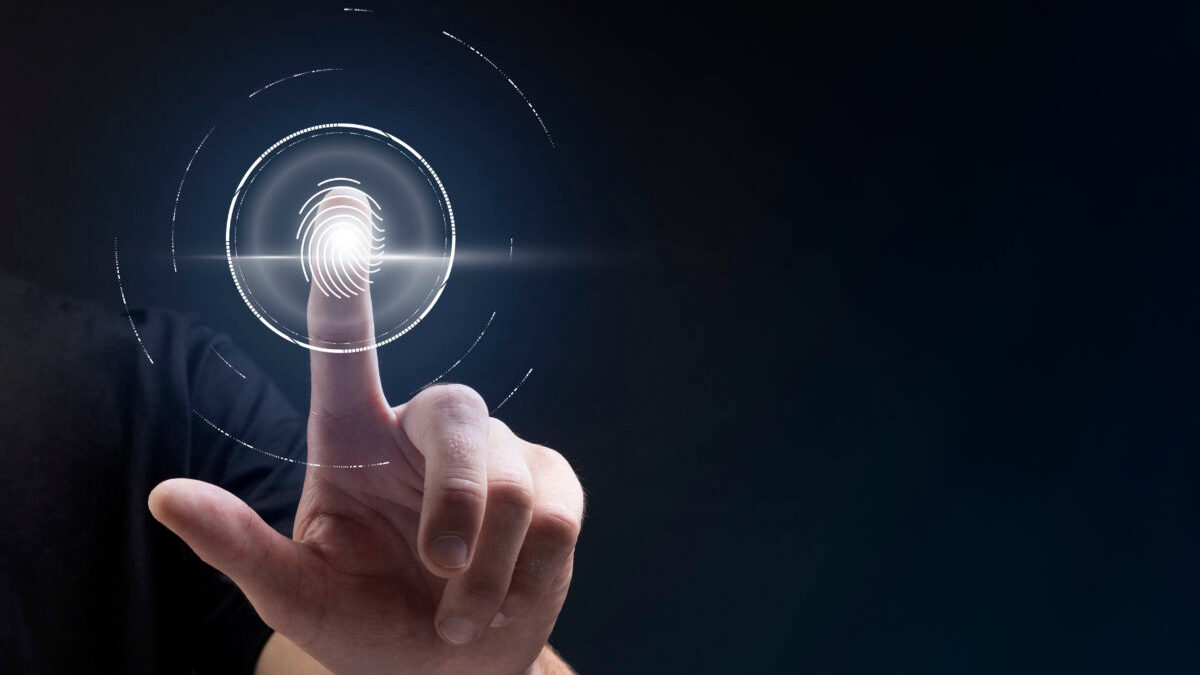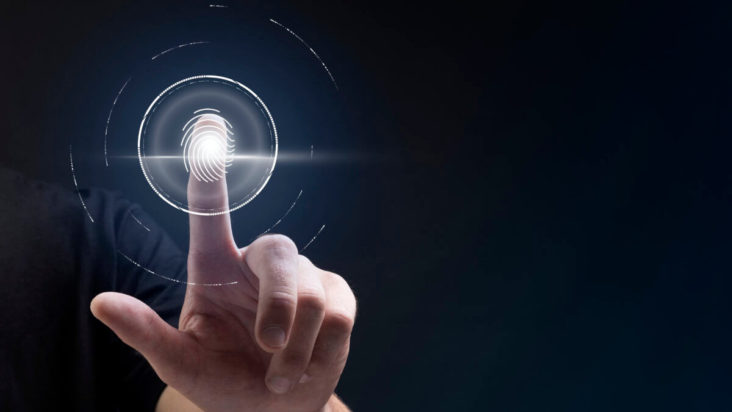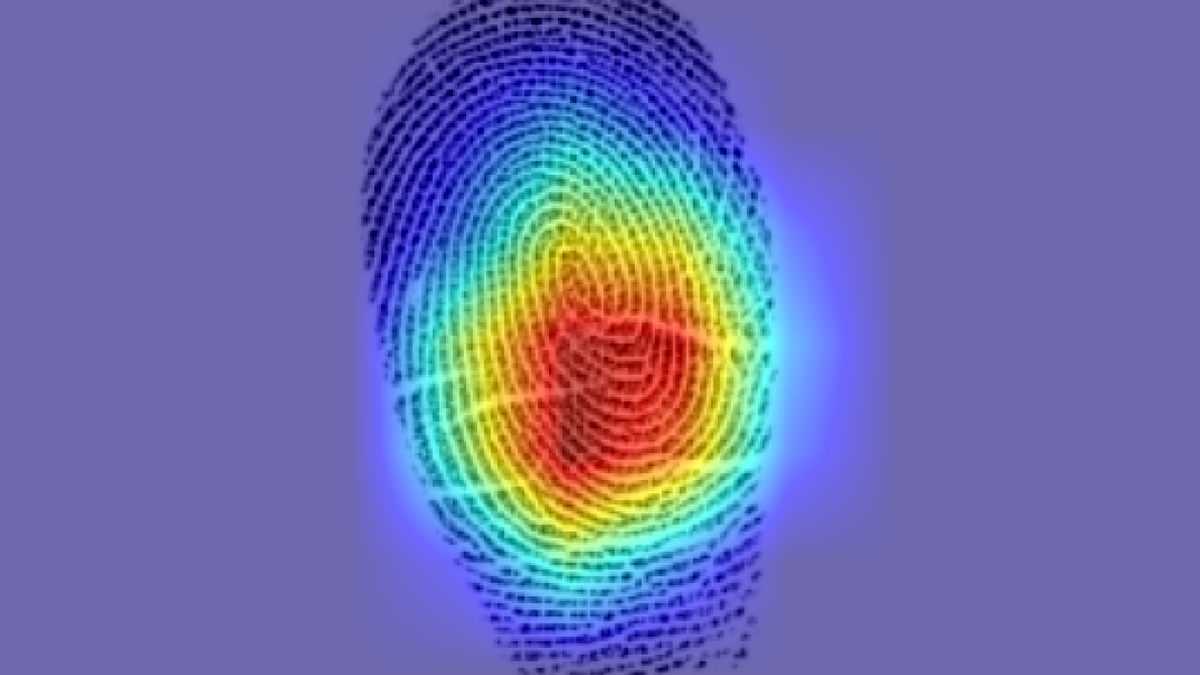

Biometric technology wallpaper with fingerprint scanning system on digital remix of virtual screen
The widespread belief in criminology, that fingerprints from different fingers of the same person are unique, breaks down the system Artificial Intelligence (AI)It was developed by engineers at Columbia University in collaboration with researchers at the State University of New York at Buffalo.
Its authors From the study, published in the journal Science Advances, proves with 99.99% certainty that fingerprints from any two fingers of the same person are much more similar than previously thought, but forensic scientists have been comparing them the wrong way until now. Most fingerprinting techniques rely on the assumption that no two fingerprints are ever the same, and researchers point out that this discovery could enhance the effectiveness of criminal investigations.
The research team, led by Columbia University student Gabe Gu, analyzed the characteristics of about 60,000 fingerprints from a public US government database, then entered them in binary form into a system based on… artificial intelligence, known as a deep adversarial network. As he found, the AI was not using the same patterns as traditional fingerprint comparisons, but rather a different indicator. It thus turned out that the angles and curvatures of the rings and rings at the center of the fingerprints were responsible for much of this similarity, and this pattern was true for all pairs of fingers of the same individual. The researchers also retrained their model with different races and ethnic groups, and noted that it performed better when trained using fingerprints collected from all groups.
When the team verified their findings, they submitted their findings to the Journal of Criminology only to have it rejected a few months later on the grounds that “each fingerprint is known to be unique.” The researchers did not stop there. They fed the system Amnesty International With more data and it continues to improve. They were rejected for the job again, but they appealed.
“This discovery is an example of the amazing things that artificial intelligence will come up with. Many people believe that artificial intelligence cannot really make new discoveries, and that it merely regurgitates knowledge. But this research is an example of how a fairly simple artificial intelligence, fed With a fairly simple dataset that hasn't been used by the research community for years, we can provide insights that have eluded experts for decades,” Hoedt points out. Department of Mechanical Engineering at Columbia University.
source: FOXreport.gr

“Total alcohol fanatic. Coffee junkie. Amateur twitter evangelist. Wannabe zombie enthusiast.”







More Stories
Silent Hill 2: Bloober Team 'Very Confident' About Finale
The exact causes of unusual corrosion in Orion's heat shield are still unknown – NASA
Apple is gearing up for a partnership that could turn the iPhone upside down